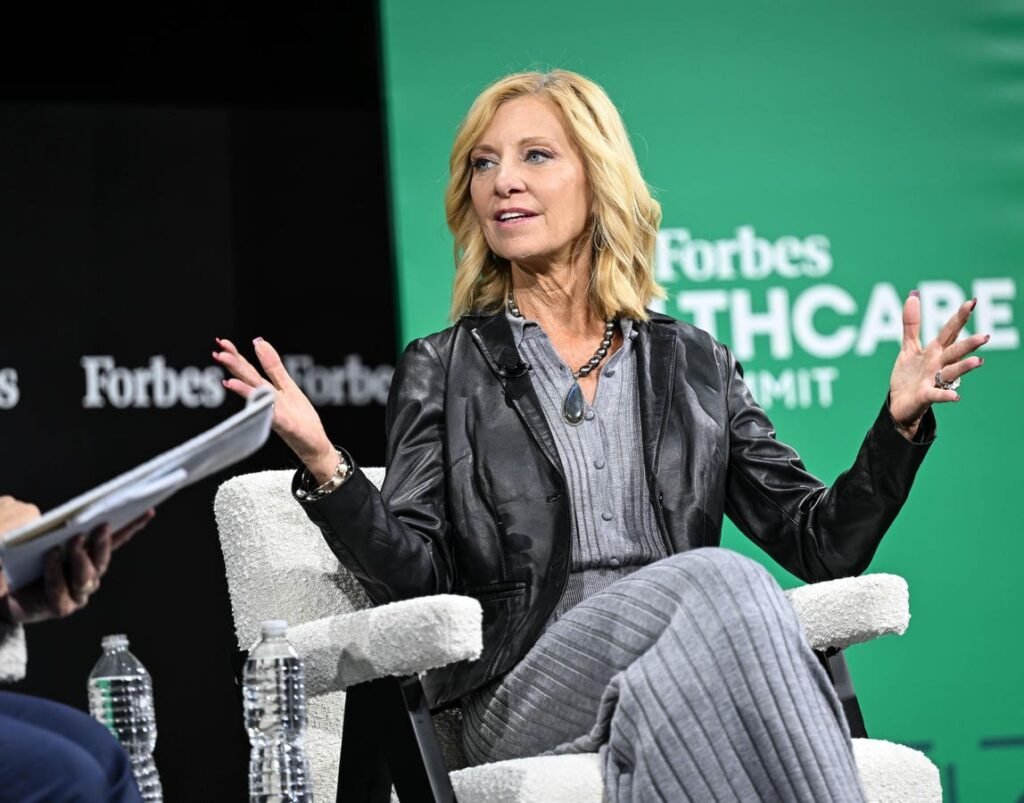CVS Health’s CEO Karen S. Lynch has taken on the day-to-day management of the company’s Aetna health insurance business following its poor performance. Lynch will oversee Aetna along with CVS Health’s CFO Tom Cowhey. The decision comes after the company reported a nearly 9% decrease in net income in the second quarter, largely attributed to a 40% decline in adjusted operating income in the health care benefits segment, which includes Aetna. CVS acquired Aetna in 2018 for nearly $70 billion, merging the drugstore chain with the health insurer.
Brian Kane, who was hired as EVP and President at Aetna last year, is leaving the company. CVS announced the leadership changes in its second-quarter earnings report, citing the current performance and outlook for the health care benefits segment. Adjusted operating income in the health care benefits segment was just $938 million in the second quarter, down from $1.5 billion in the year-ago period. The poor performance was blamed on increased utilization and unfavorable impacts related to Medicare Advantage star ratings and other factors.
The challenges in the health insurance businesses, particularly in Medicare Advantage, led CVS to lower its earnings-per-share guidance for the second quarter in a row. The company now expects diluted earnings per share in a range of $4.95 to $5.20, down from at least $5.64, and adjusted earnings per share in a range of $6.40 to $6.65, down from at least $7. CVS also revised its cash flow from operations projection to approximately $9 billion from at least $10.5 billion. To address the issues, CVS plans to initiate a multi-year expense management opportunity to deliver $2 billion in savings through streamlining operations and accelerating the use of technology such as artificial intelligence and automation.
Despite the challenges in the health care benefits segment, CVS reported a 1.1% increase in adjusted operating income to $1.9 billion, thanks to the company’s healthcare delivery assets, including Oak Street Health’s senior-focused centers and Signify Health’s homecare business. CVS also spent over $20 billion on Oak Street and Signify Health last year. While total revenues dropped by nearly 9% in the second quarter, largely due to the loss of a pharmacy benefit management client, the company saw growth in specialty pharmacy and contributions from its healthcare delivery assets. The pharmacy and consumer wellness segment reported $1.2 billion in adjusted operating income, with a 4% increase in revenue to $29.8 billion.
Lynch emphasized CVS’ commitment to innovation, transparency in pharmacy reimbursement, and better patient outcomes through connected health care delivery assets. The company’s integrated model and strategy position them to succeed in a challenging environment and deliver value to customers. Lynch expressed confidence in CVS’ ability to execute on their opportunities and highlighted the company’s differentiation in the market. CVS is focused on providing quality services while managing costs through operational efficiency and the use of advanced technologies. The company is determined to overcome the current challenges in the health insurance business and drive growth in its healthcare delivery assets.

